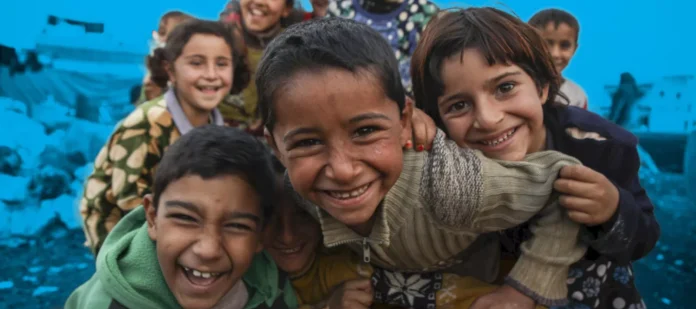UNICEF celebrates the implementation of amendments to Sri Lanka’s Children and Young Persons Ordinance (CYPO), effective January 1, 2024, marking a significant stride in safeguarding the rights and well-being of all children across the nation.
Previously, the CYPO, in force since 1939, only provided protection to individuals up to the age of 16. However, the recent amendment extends its coverage to encompass all children under the age of 18.
Moreover, the updated legislation abolishes the provision allowing corporal punishment on children and adolescents by parents, teachers, or guardians, aligning Sri Lanka’s laws with international standards, notably the United Nations Convention on the Rights of the Child (CRC).
Christian Skoog, UNICEF Representative in Sri Lanka, hails this development as a significant milestone for child rights, emphasizing the importance of a justice system that respects the rights and dignity of every child. He underscores the need for a comprehensive ban on corporal punishment across all settings to foster safer and nurturing environments for Sri Lanka’s children.
These amendments also herald a transformative shift in the treatment of children involved in legal conflicts. Previously, adolescents aged 16 to 18 convicted of offenses faced placement in adult prisons, lacking appropriate rehabilitation and care. However, with the amended CYPO, these individuals will undergo rehabilitation under the supervision of Provincial Departments of Probation and Child Care, emphasizing a rehabilitative approach over punitive measures.
While acknowledging the necessity of detaining children as a last resort, the CRC emphasizes the importance of minimizing institutionalization due to its adverse effects on a child’s development and reintegration. UNICEF remains committed to promoting measures that break cycles of violence and poverty, ensuring a brighter future for Sri Lanka’s children.


